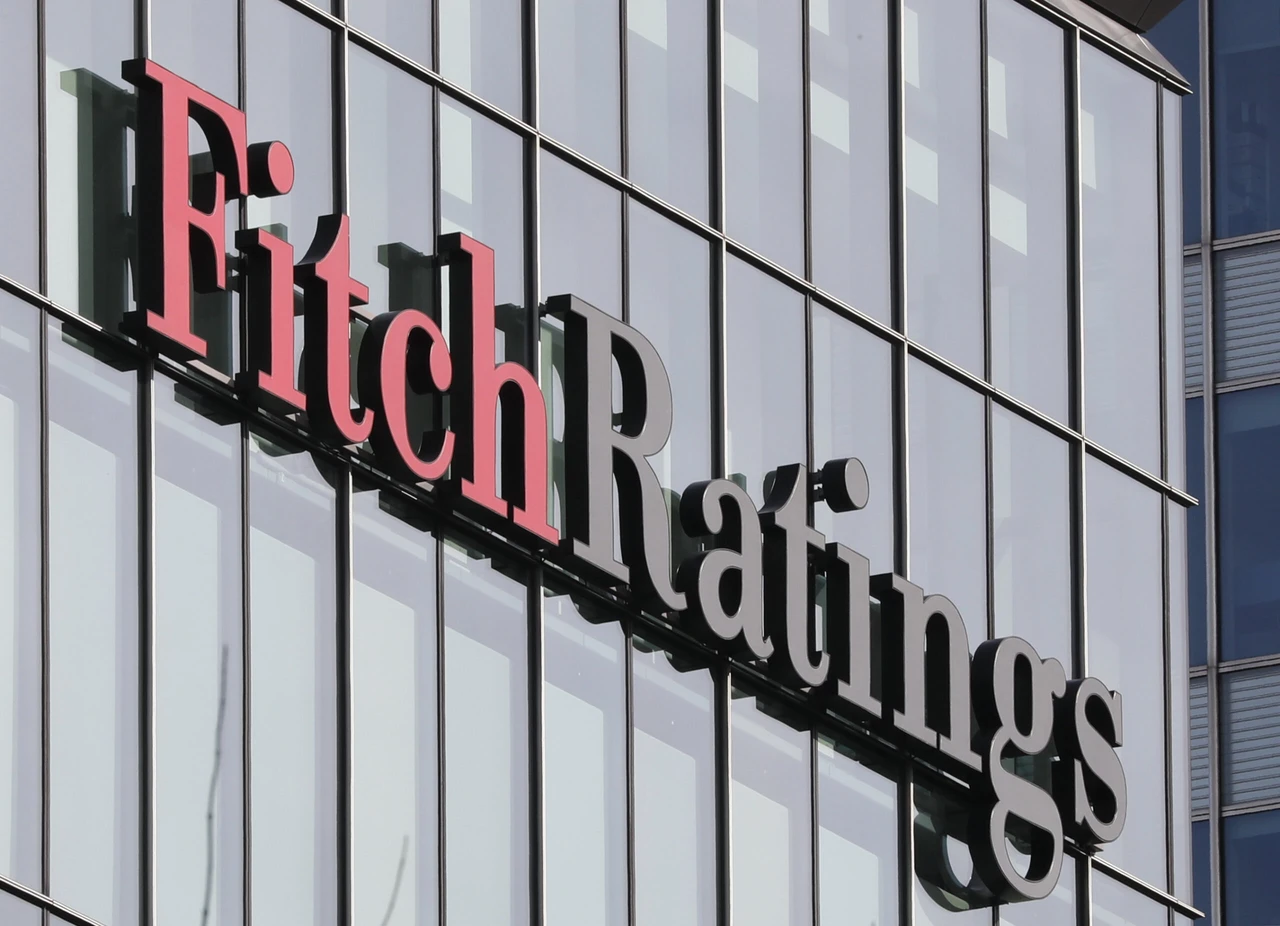Fitch warns of early policy easing risk in Türkiye amid tight monetary conditions
 The Fitch Ratings logo is seen at their offices at Canary Wharf financial district in London,Britain, March 3, 2016. (Reuters Photo)
The Fitch Ratings logo is seen at their offices at Canary Wharf financial district in London,Britain, March 3, 2016. (Reuters Photo)
Fitch Ratings has raised concerns over the risk of early monetary policy easing in Türkiye, according to a webinar titled “Türkiye: Progress and Challenges in the Policy Rebalancing Process (Public and Financial Institutions Update).”
The discussion was led by Erich Arispe Morales, Fitch’s Senior Director and Türkiye Analyst, who highlighted key issues in the country’s economic outlook.
Morales stated that Türkiye’s credit rating was upgraded following a reduction in external vulnerabilities and lower financing needs. However, he emphasized, “The main challenge for policy remains high inflation and macroeconomic vulnerabilities. There is a risk of policy reversal and early policy easing.”
Fitch expects tight monetary conditions to continue until the Central Bank of Türkiye begins cutting rates in the first quarter of 2025.
Fiscal outlook
Morales also touched on Türkiye’s fiscal outlook, projecting the budget deficit as a percentage of GDP to decline to 5.1% in 2024, 3.1% in 2025, and 2.6% in 2026.
He noted improvements in the composition of Türkiye’s debt and a better debt rollover ratio, with banks remaining the key players in the domestic borrowing markets.

Inflation and growth projections
“Rigid inflation expectations remain a risk factor,” Morales added, warning that inflation will fall, but remain higher than in comparable countries. Although the economy slowed during the first two quarters of 2024, net exports have positively contributed to growth.
Fitch expects moderate growth rates for the coming years, forecasting 3.5% in 2024, 2.8% in 2025, and 3.7% in 2026.
Risks to credit rating
Fitch also outlined factors that could negatively affect Türkiye’s credit rating, such as a premature policy easing that could reintroduce inflationary pressures, threaten macroeconomic and financial stability, or a return to non-traditional policy measures.
Rapid depletion of international reserves, or an increase in the current account deficit or declining market confidence, could also hurt the rating. Political or security risks, as well as deteriorating international relations, were also flagged as potential concerns.

Bank profitability outlook
Ahmet Kilinc, Fitch Ratings’ Bank Director, shared a grim profitability outlook for Turkish banks in 2024, citing high funding costs, inflationary pressures, and rising risk costs as contributing factors. “We observed moderate deterioration in asset quality during the first half of 2024,” Kilinc said, pointing out that dollarization remains high. He noted that foreign currency loans increased by $27 billion since the end of 2023, reflecting the high cost of TRY-denominated borrowing and relative exchange rate stability.
Kilinc added that the banking sector’s foreign currency liquidity is still sufficient to cover most short-term external debt, although it has been declining. He concluded, “Refinancing risks have decreased, and investor confidence and the stability of FX deposits remain of key importance.”



